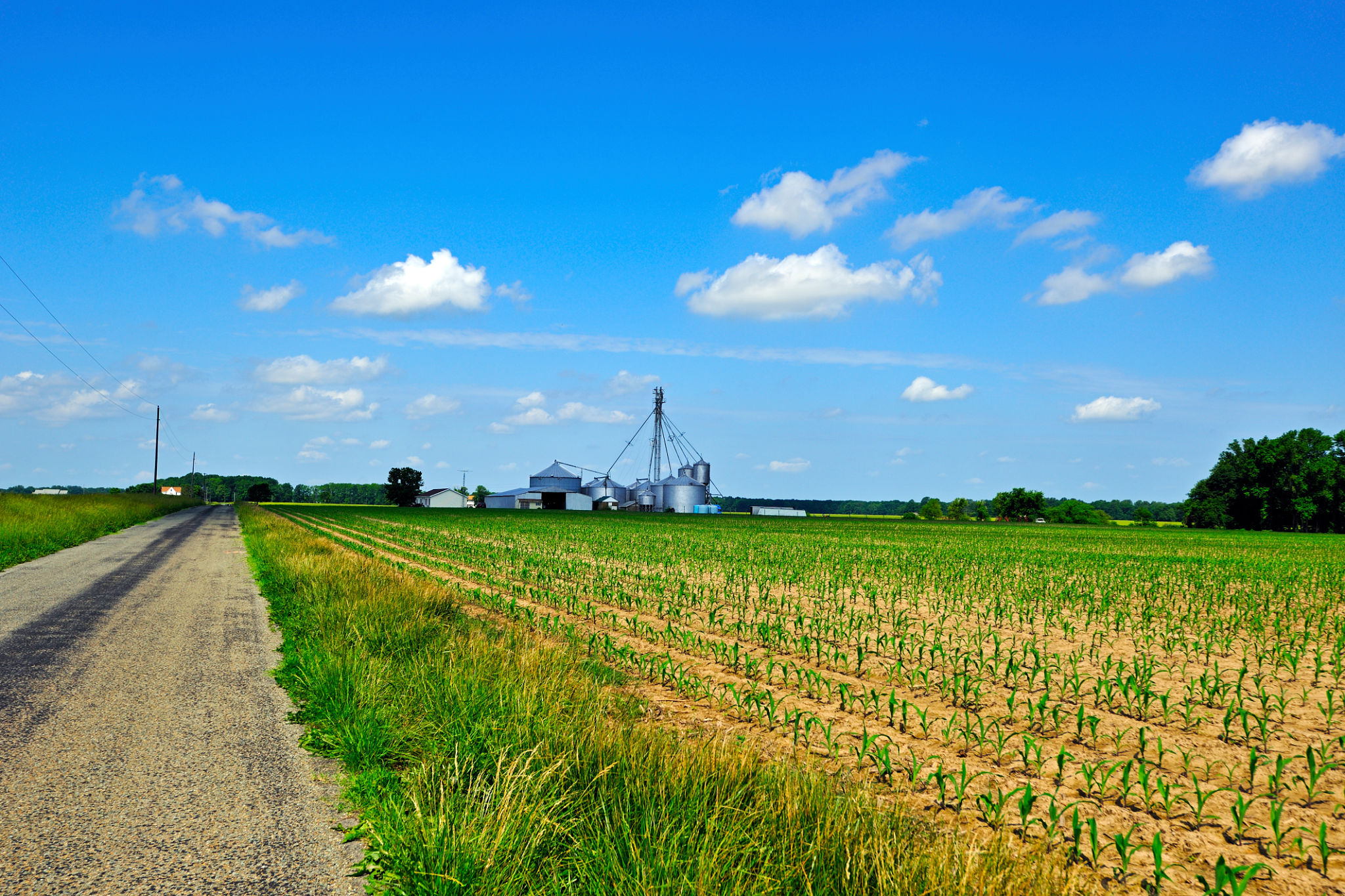Seasonal Water Management Tips for Delaware Farmers
Understanding Seasonal Water Needs
Delaware's farming landscape is diverse, with crops ranging from corn and soybeans to fruits and vegetables. Each season presents unique water management challenges, and understanding these can significantly impact crop yields. In spring, as new crops are planted, the demand for water increases. Farmers need to ensure their irrigation systems are ready to meet this demand.
As summer approaches, Delaware farmers face the challenge of hot, dry conditions that can strain water resources. During this time, it's crucial to monitor soil moisture levels and adjust irrigation accordingly. This ensures crops receive the necessary hydration without wasting valuable water resources.

Implementing Efficient Irrigation Systems
Efficient irrigation systems are essential for optimizing water use. Drip irrigation, for example, delivers water directly to the plant roots, reducing evaporation and runoff. This method is particularly beneficial during peak summer months when water conservation becomes critical.
Additionally, utilizing soil moisture sensors can help farmers make informed decisions about when and how much to irrigate. These sensors provide real-time data, allowing for precise water management tailored to specific field conditions.

Preparing for Fall and Winter
As fall approaches, Delaware farmers should begin preparing their fields for the upcoming winter months. This includes adjusting irrigation schedules to account for cooler temperatures and reduced evaporation rates. Cover crops can also be planted to help retain soil moisture during the winter.
Winter water management involves ensuring that irrigation systems are winterized to prevent damage from freezing temperatures. Draining hoses and pipes and insulating any above-ground components can prevent costly repairs come spring.

Emphasizing Water Conservation Practices
Water conservation is a year-round priority for Delaware farmers. Implementing practices such as rainwater harvesting can provide a supplementary water source during dry periods. Collecting rainwater from rooftops and storing it in tanks offers an efficient way to sustain crops during droughts.
Farmers can also adopt no-till farming techniques, which improve soil structure and increase its ability to retain moisture. By reducing soil disturbance, these methods help maintain a healthy ecosystem that supports sustainable water management.
Leveraging Technology for Better Water Management
Modern technology offers numerous tools to assist Delaware farmers in managing their water resources effectively. Satellite imagery and weather forecasting can provide valuable insights into upcoming conditions, allowing farmers to plan their irrigation strategies accordingly.
Furthermore, mobile apps and online platforms can track water usage and suggest optimizations. By integrating these technologies into their operations, farmers can enhance efficiency and sustainability in their water management practices.

